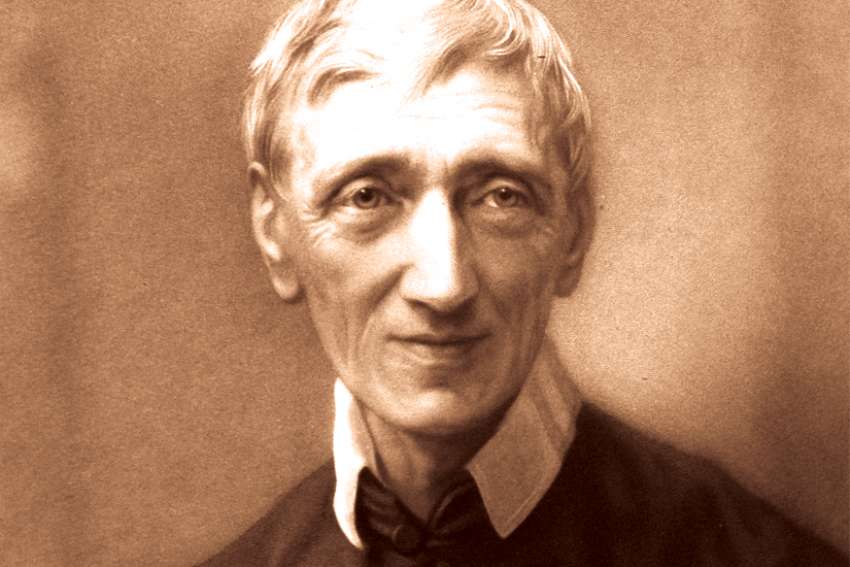Collins was already present in Rome on July 1, when Pope Francis announced the date for Newman to be declared a saint. The Toronto archbishop’s return for Newman’s canonization is a natural.
“I have personally been deeply influenced by Newman in many ways and look forward to his canonization,” Collins told The Catholic Register.
At the Knights of Columbus Supreme Convention in Minneapolis on Aug. 6, Collins praised Newman as a man who “always sought the truth.”
“He could never accept the idea, common in his day and very common in ours, that religion is mainly a matter of personal taste,” Collins told the Knights.
“We learn from Newman that we need to know our Catholic faith, which is the true guide for our life in this world of ever-shifting, trendy ideas, some of which are as deeply troubling as they are popular.”
Newman’s careful, thoughtful and deliberate journey from Anglican divine and Oxford professor to the Catholic Church has had important implications for Catholics over the past 174 years, according to Collins.
“He had a significant influence on Vatican II, especially with reference to conscience and the interpretation of Scripture,” Collins told The Register.
The English bishop and author of The Idea of a University and The Development of Christian Doctrine, among more than 25 books he wrote, is also an inspiration for any Catholic who is dismayed by scandals in the Church and the failures of bishops, Collins told the Knights.
“Another thing we should learn from Newman: Our life as Catholic Christians does not depend on the goodness or the intelligence or the integrity of our fellow Catholics, including priests and bishops,” he said.
“(Newman’s) faith was founded on the person of Christ, not on the personnel of the Church Christ established.”
Pope Francis signed a decree in February recognizing a second miracle attributed to Newman — the healing of a woman with a life-threatening pregnancy. That cleared the way for Newman’s canonization in October.


